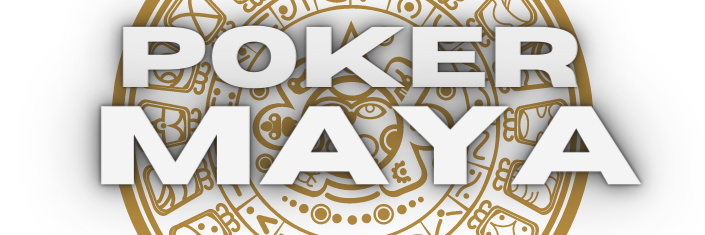Growth and legalization
Sports betting has seen a dramatic rise in popularity over the past decade, driven by legalization efforts, technological advancements, and increased fan engagement. Many countries and states have loosened restrictions, allowing bettors to place wagers on professional and collegiate sports through both physical sportsbooks and online platforms.
The shift has not only transformed the way fans interact with sports but has also generated billions of dollars in revenue for governments, leagues, and betting companies. As a result, major sports organizations have embraced gambling partnerships, integrating betting data into broadcasts and mobile apps.
Popular sports for betting
Certain sports attract higher betting volumes due to their global appeal, fast-paced nature, and statistical depth. The most popular sports for betting include:
- Football (NFL and college football) – Known for its widespread popularity in North America, football betting is especially strong due to the weekly game schedule and high-profile events like the Super Bowl.
- Basketball (NBA and NCAA) – With frequent games and high-scoring action, basketball attracts a massive betting audience.
- Soccer – As the world’s most popular sport, soccer offers extensive betting markets, including leagues such as the English Premier League, La Liga, Bundesliga, and Major League Soccer.
- Baseball – A strategic sport with deep statistical analysis, making it appealing for data-driven bettors.
- Horse racing – One of the oldest forms of sports betting, still popular due to major events like the Kentucky Derby and Grand National.
NHL betting and its unique appeal
Hockey betting has grown significantly in recent years, especially in North America, where the NHL continues to expand its audience. Unlike sports with more predictable scoring patterns, hockey presents a unique challenge for bettors due to its fast-paced action, unpredictable outcomes, and lower-scoring games.
Some of the most common NHL betting options include:
- Moneyline bets – A simple wager on which team will win the game.
- Puck line betting – A form of spread betting where a team must win by a set number of goals, usually -1.5 or +1.5.
- Over/under (totals) – Bettors predict whether the total goals scored in a game will be over or under a specific number.
- Player props – Wagers on individual player performances, such as goals, assists, or shots on goal.
- Futures bets – Long-term bets on events like the Stanley Cup champion, conference winners, or season point totals.
The unpredictability of goaltending performances, power plays, and overtime rules make NHL betting exciting and sometimes difficult to predict. Many bettors rely on advanced analytics, such as Corsi, expected goals (xG), and shooting percentages, to gain an edge.
The impact of sports betting on the industry
The integration of sports betting into mainstream sports has led to significant changes, including:
- Increased fan engagement – Viewers are more likely to watch entire games when they have money on the line.
- New revenue streams – Leagues, teams, and broadcasters have partnered with sportsbooks for sponsorships and data-sharing deals.
- Ethical concerns – The rise of gambling has raised concerns about match-fixing, player harassment, and addiction risks. Many organizations promote responsible gambling initiatives to combat these issues.

